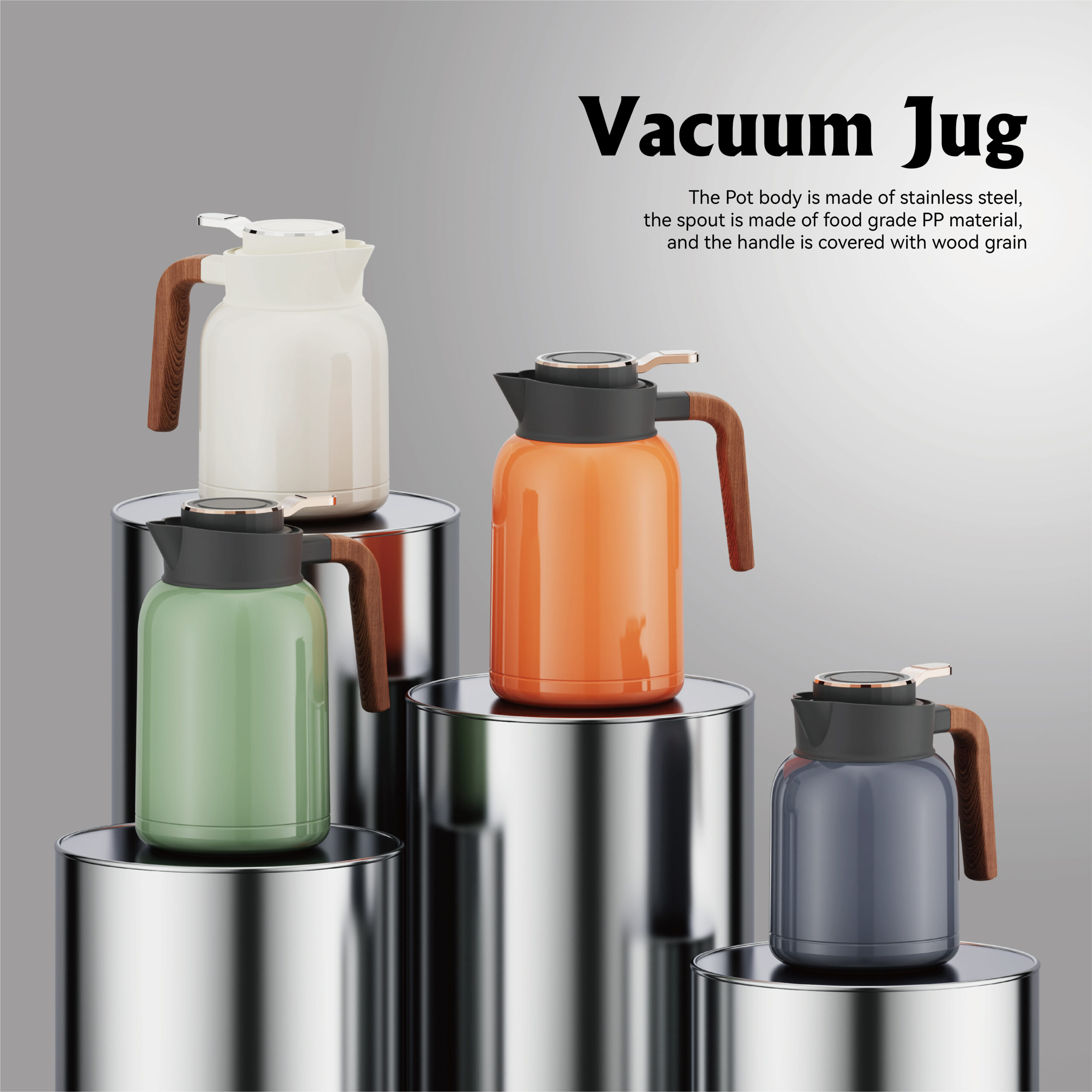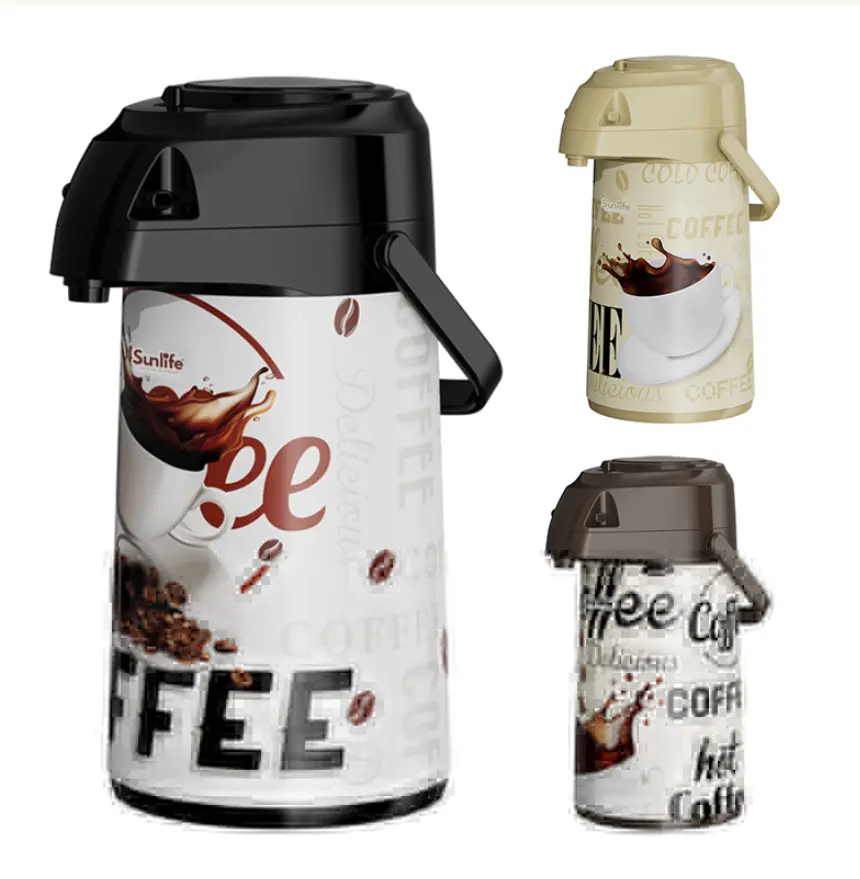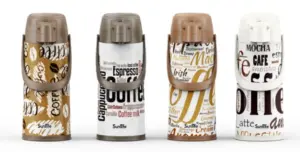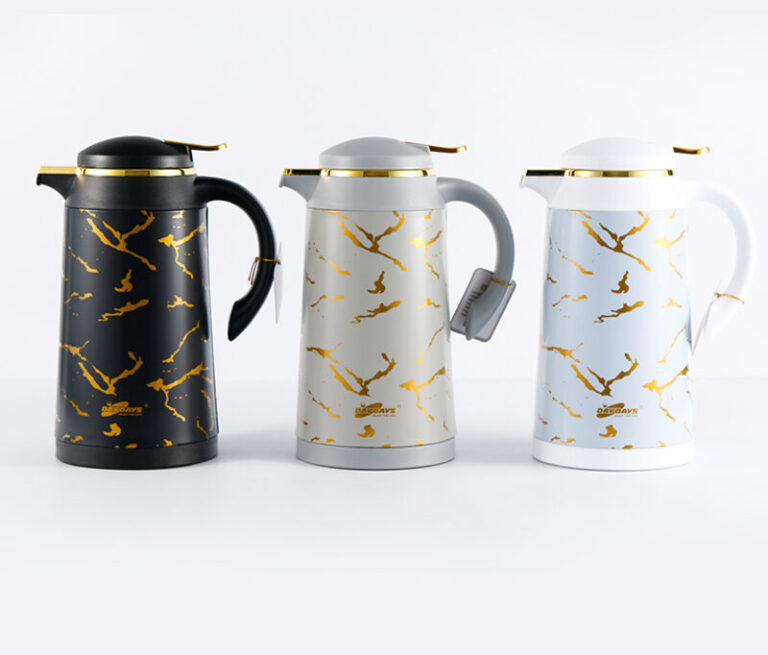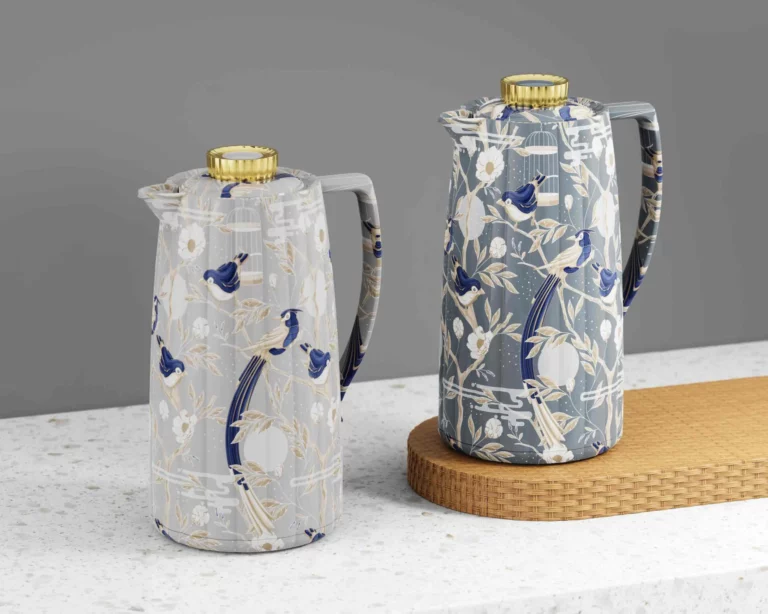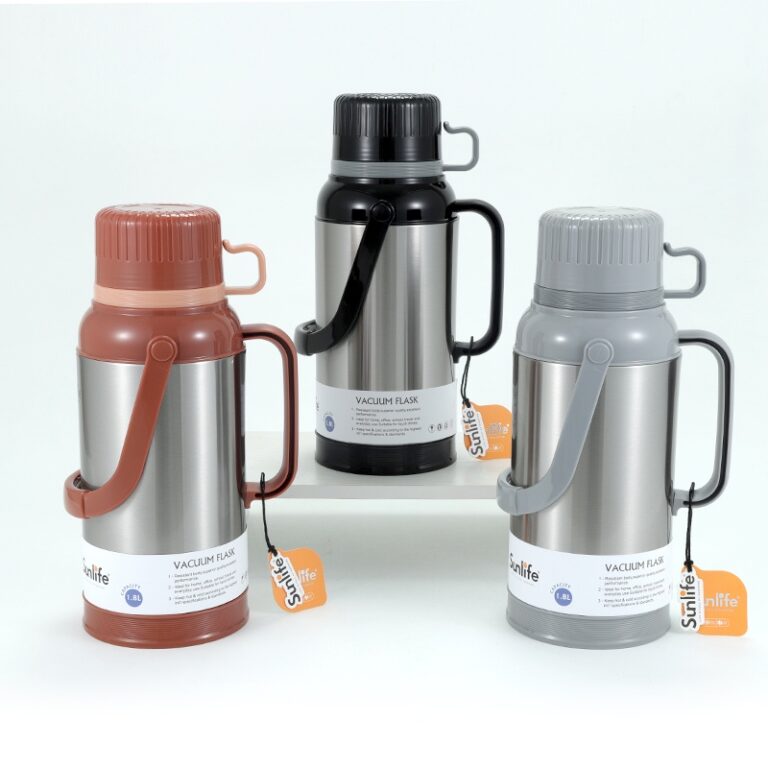Opting for insulated casseroles presents an eco-friendly substitute to disposable containers due to their ability to be reused multiple times, effectively contributing towards lessening the environmental impact linked with throwaway items.
Longevity and Durability
The lasting power and sturdiness of insulated casseroles play a crucial role in their eco-friendliness and longevity. These items are crafted to endure uses while offering excellent heat retention to keep food at the right temperature effectively. This resilience cuts down the necessity for replacements and helps in reducing waste while preserving resources in the long run.
Reduction in Waste Generation
When you choose to use insulated casseroles or disposable containers for your meals, you can help lower the amount of waste produced. By making this choice, you’re not only being kinder to the environment but also supporting worldwide efforts to reduce plastic pollution and encourage eco-friendly habits.
Energy Efficiency in Manufacturing
In the realm of creating casseroles lies a realm where sustainability thrives brightly; manufacturers emphasize utilizing energy-efficient techniques to lower the environmental footprint of these products from the very beginning.
Material Selection and Production Processes
Selecting the materials is crucial when making insulated casseroles to ensure they are long-lasting and eco-friendly by reducing resource usage and optimizing energy efficiency during production.
Energy Consumption Comparison
Insulated casserole dishes are more energy efficient throughout their lifespan than containers, since the energy used in their production is balanced out by their extended durability and eco-friendliness.
Role of OEM in Sustainable Manufacturing
OEM plays a crucial role in advancing sustainable manufacturing practices for insulated casseroles. Through innovations and custom solutions, OEM partners help develop products that meet both consumer needs and environmental standards.
Innovations and Custom Solutions OEM
OEM collaborations foster innovation by tailoring solutions that enhance product sustainability. These partnerships drive advancements in design and functionality, ensuring that insulated casseroles remain at the forefront of eco-conscious dining solutions.
What Are the Environmental Concerns with Disposable Containers?
Waste Management Challenges
Single-use containers present obstacles to proper waste management systems, as their extensive utilization greatly impacts the environment through ineffective disposal methods.
Landfill Contributions
Disposable containers pose a problem when it comes to filling up landfills because they occupy a lot of space and can linger for centuries without breaking down completely, thus worsening the problem of overflowing landfills.
Recycling Limitations
The environmental effects of containers are made more complex by the limitations of recycling practices since a lot of them are manufactured from materials that pose challenges in terms of recyclability due to cost or difficulty involved in the process. This results in low rates of recycling and a greater dependence upon new resources, for production purposes.
Resource Depletion and Pollution
The process of creating single-use containers requires an amount of resources and leads to pollution that impacts the environment and human well-being.
Raw Material Extraction
The mining of materials for single-use containers destroys habitats and the depletion of resources, putting a strain on reserves and disturbing the balance of ecosystems.
Emissions During Production
The creation of single-use containers during production releases a large amount of emissions that worsen air quality and impact climate change significantly. The energy-heavy manufacturing process of these products increases their impact compared to eco-friendly alternatives, such as insulated casseroles.
To sum up, opting for casseroles instead of disposable containers contributes to sustainability by cutting down on waste production, preserving resources with long-lasting design, and endorsing energy-efficient manufacturing methods. If you’re interested in ways to go green with your dining essentials, checking out Veley‘s offerings can give you a glimpse into eco-conscious choices.
Can Switching to Insulated Casseroles Reduce Your Carbon Footprint?
Making the switch to using insulated casseroles can make a difference in reducing your carbon footprint when you think about the whole journey from making them to throwing them away. These casseroles are made with materials that are tough and eco-friendly so you don’t have to replace them and can save resources. The way they’re made is about saving energy which means less harm to the environment compared to throwaway containers. When it’s time for them to go, you can find a new use for these insulated casseroles so there’s less waste overall.
Impact on Greenhouse Gas Emissions
Insulated casseroles help lessen greenhouse gas emissions by using energy methods in manufacturing and being reusable, over time reducing the resources needed and cutting down overall emissions linked to production and waste disposal.
Practical Steps for Implementation
Transition Strategies for Households and Businesses
Making the switch to casserole dishes requires careful planning that can be embraced by both homes and businesses alike. To begin at home, consider swapping out single-use containers with long-lasting insulated alternatives when preparing meals. Meanwhile, companies can introduce guidelines that promote the use of kitchen tools for their staff or patrons. By providing rewards or educational initiatives on the advantages for the environment, this shift can be made seamlessly for everyone involved.
How Does Consumer Behavior Influence Environmental Outcomes?
The way people choose what to buy can affect the environment by showing them how sustainable choices can help. When people learn the advantages of using casseroles over disposable ones, they tend to make more eco-friendly decisions. Teaching people about how their choices impact the environment can encourage them to pick products, which in turn helps cut down waste and save resources.
Incentives for Sustainable Practices
Encouraging behavior in consumers is greatly influenced by the use of incentives such as rewards or discounts when they opt for eco-friendly choices, like insulated casseroles. Businesses can inspire individuals to embrace greener practices through this method which not only helps the environment but also nurtures a mindset of sustainability that has the potential to bring about positive and lasting transformation.
Is There a Future for Hybrid Solutions Combining Both Options?
Potential for Biodegradable Alternatives
In the future, there is potential for hybrid solutions that blend the ease of disposable containers with the eco-friendly nature of insulated casseroles to emerge and evolve further. Biodegradable materials might present a substitute that upholds convenience while reducing harm. These advancements have the potential to connect what consumers want now with their goals, for sustainability by offering an eco-conscious choice.
Balancing Convenience with Sustainability Goals
To create hybrid solutions it’s important to balance convenience with sustainability in mind using insulated casseroles for their durability and reusability as a foundation. Adding user features without sacrificing environmental values is crucial in this process. Manufacturers should focus on designing products that align with lifestyles while upholding sustainability standards to attract eco-conscious consumers.
Ultimately the way people buy things greatly influences the environment by making choices on products and adopting eco-friendly habits. As we envision what’s to come, combining containers with biodegradable options offers hopeful chances to lessen our impact on the environment. To adopt these ideas, people need to work together with companies and policymakers to find a balance between convenience and environmental care.
Why Choose Veley for Your Sustainable Kitchenware Needs?
Innovative Designs and Materials Veley
Veley is recognized for its excellence in eco kitchenware design that prioritizes sustainability and environmental responsibility in their product lineup without compromising on functionality or quality standards.
Commitment to Eco-Friendly Practices
Veley’s commitment to friendly practices extends beyond simply designing products; they actively participate in sustainable manufacturing methods that focus on saving energy and resources. By collaborating with OEM providers, Veley guarantees that every product complies with regulations while also satisfying consumer expectations for excellence and sustainability.
Implementing these approaches in your life or business activities not only aids in protecting the environment but also fits in with the worldwide trend of cutting down on carbon emissions by opting for eco-friendly options, such as thermal insulated containers.

